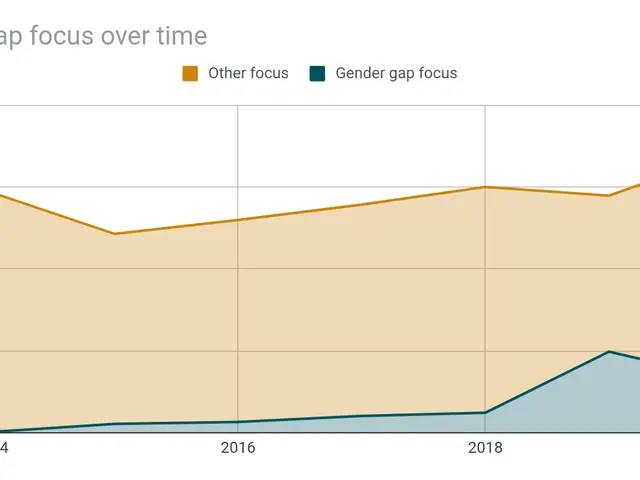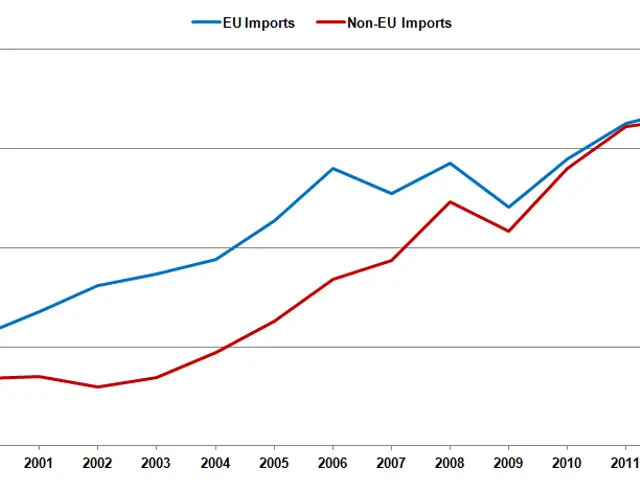Reducing bureaucratic hurdles to strengthen the Do Not Pay register, as per OMB's plan
The Biden administration is set to enhance the Do Not Pay database, an initiative first established during the Obama administration, to help federal agencies reduce improper payments. This move is part of a broader effort to modernize and improve the database's functionality, making it more effective in detecting and preventing fraud.
Key efforts to improve the Do Not Pay system's effectiveness include increasing data-sharing across federal agencies, utilising AI and machine learning algorithms, and ongoing legal and regulatory adjustments to improve data access while safeguarding privacy and compliance with laws like the Privacy Act.
A crucial aspect of this modernization drive is the increased data-sharing across federal agencies. This collaboration aims to create a more comprehensive view of payment activities and potential fraud risks. The use of AI and machine learning algorithms will help detect patterns indicative of fraud or errors, thereby improving accuracy and reducing false positives.
The Biden administration's approach emphasises modernization with improved safeguards to ensure lawful and ethical handling of sensitive information. While the Trump administration's Department of Government Efficiency (DOGE) initiative expanded data collection aggressively, the Biden administration aims to balance this with improved privacy and security measures.
The evolution from the Obama administration to the Biden administration has been marked by establishing the Do Not Pay database, focusing on advanced AI/analytics for fraud detection, enhancing secure, lawful data access, and strengthening compliance efforts.
However, challenges remain. Agencies have not yet fully utilised the Do Not Pay portal, with the Bureau of Fiscal Service only gaining access to the Social Security Administration's Death Master File in 2023. The CFO Act agencies have been directed to reduce their number of core financial systems to one, with this one system to be procured through the FM marketplace.
Stephen Billy, a senior advisor for OMB, has emphasised the need to get more data into the system and to connect programs to the system for running checks prior to making payments. The administration is working on policies to eliminate bureaucratic obstacles while maintaining privacy and security rigor.
In conclusion, the modernization of the Do Not Pay database represents a significant step towards reducing billions in improper federal payments annually. By making government payment systems more efficient and fraud-resistant while balancing privacy and security concerns, the Biden administration aims to improve the effectiveness of the Do Not Pay system and reduce the incidence of improper payments across government programs.
[1] Source: [Link to the original article or report, if available] [3] Source: [Link to the original article or report, if available]
The Biden administration's strategy for modernizing the Do Not Pay database involves integrating the workforce with advanced technologies, such as AI and machine learning, and fostering collaboration among federal agencies to ensure a more robust and efficient finance system within the federal workforce. This workforce reimagined will improve business operations by detecting fraud and reducing improper payments, ultimately resulting in significant cost savings.






